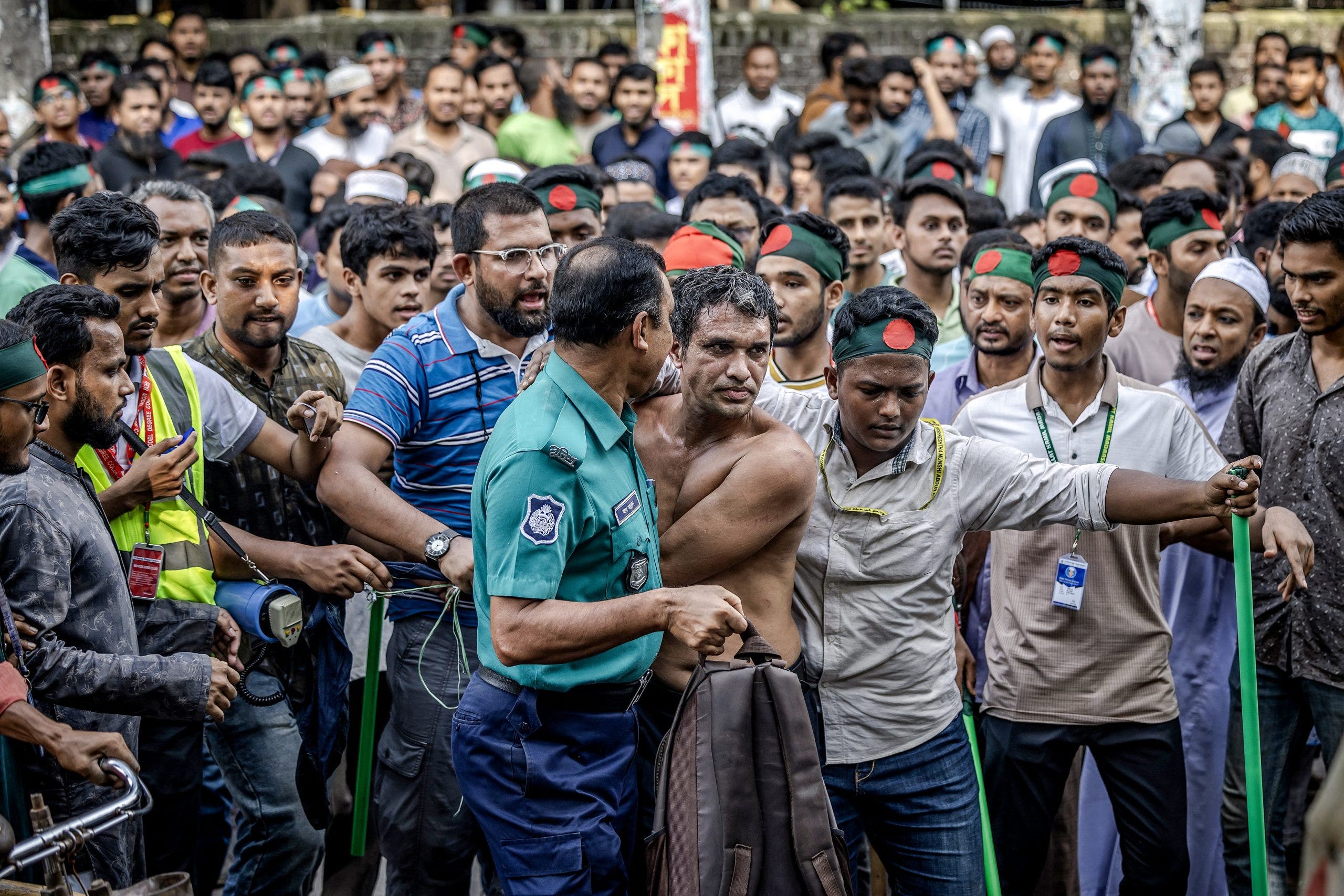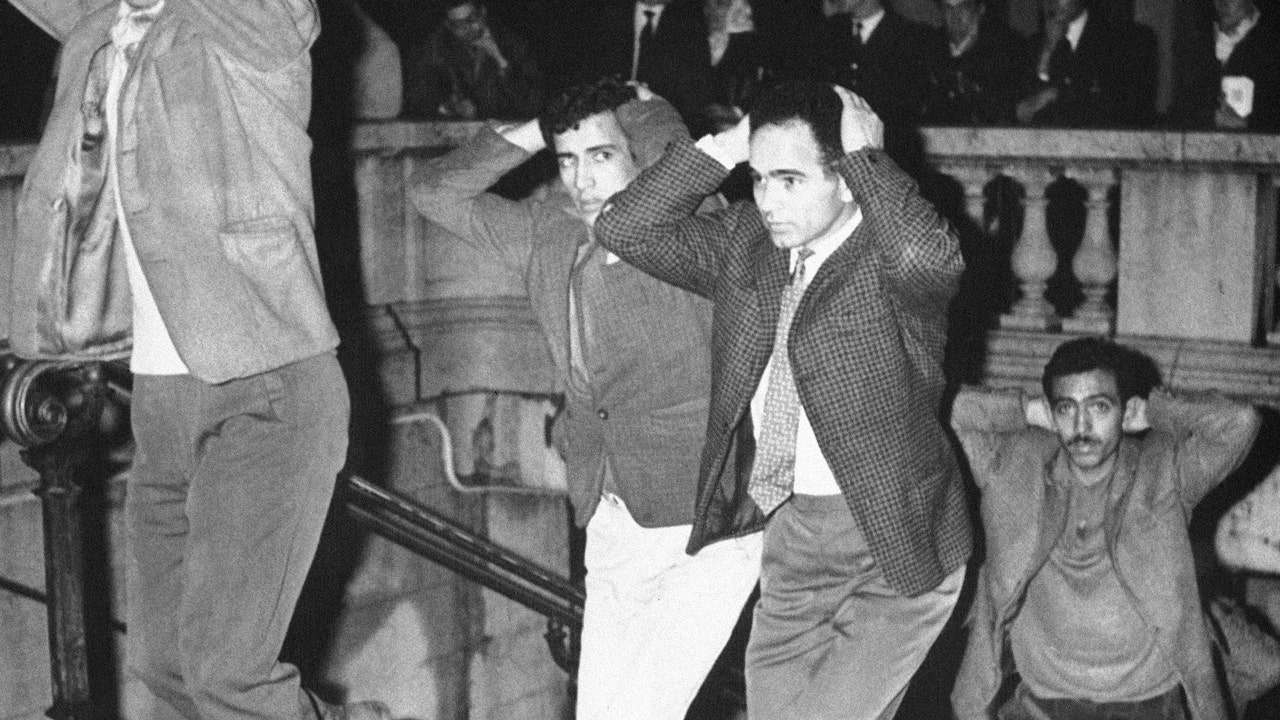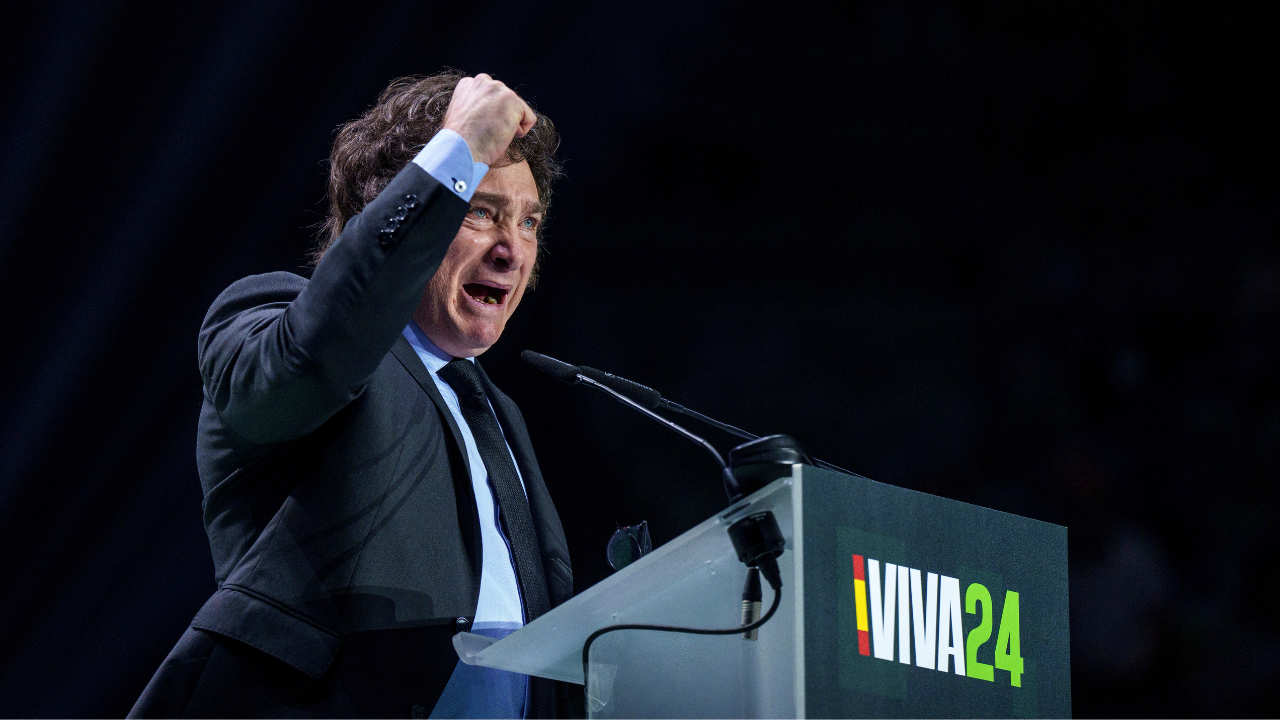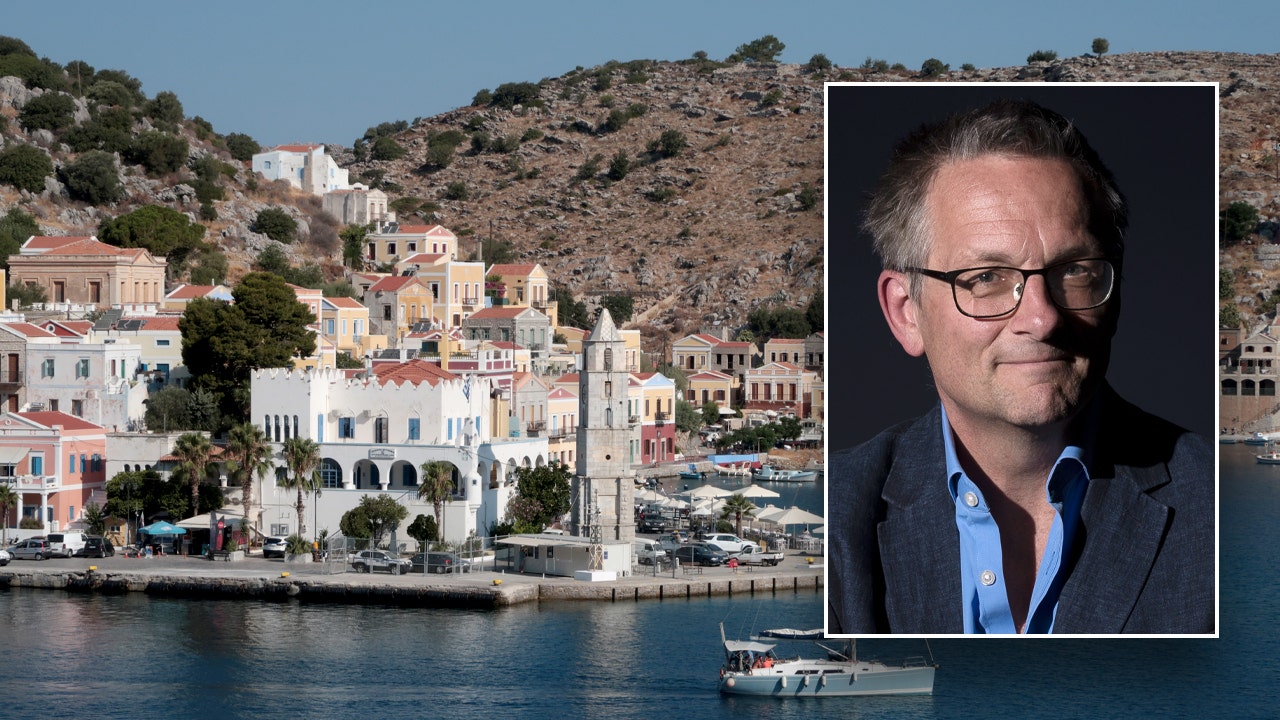Public safety officials in England, France and Spain said Tuesday that they would step up security for matches this week in the Champions League, Europe’s marquee soccer competition, after ISIS-related groups called for violent attacks on the contests.
The first of four quarterfinal matchups were scheduled in London and Madrid on Tuesday, and were to feature some of the top clubs in world soccer: Spain’s Real Madrid; the English giants Arsenal and Manchester City; and Germany’s Bayern Munich. Two other high-profile matches will take place on Wednesday in Paris and Madrid.
“We don’t know what location might be particularly targeted, neither in what conditions,” the French interior minister, Gérald Darmanin, told reporters in Paris. But he said he had spoken with police officials in Paris on Tuesday morning and had been assured that they “have considerably reinforced the security measures.”
In Spain, the interior ministry said it had raised the country’s terrorist alert level after the appearance of a photo online carrying the message “Kill them all” and the names of the four stadiums where this week’s games are to be played, according to reports in the Spanish newspaper El Mundo. The ministry said security measures at the matches in Madrid had been increased and additional agents deployed.
At least one of the threats was accompanied by an image showing the main entrances to Arsenal’s stadium in London.
“The U.K. terrorism threat level remains at ‘substantial,’ meaning an attack is likely,” said Ade Adelekan, the deputy assistant commissioner for the Metropolitan Police in London. The Metropolitan Police said it would have a “robust” security plan in place for the Arsenal-Bayern Munich match at London’s Emirates Stadium.
“We’re aware of online and media reports in relation to calls to target matches across Europe and here in London,” Commissioner Adelekan said. The police asked the public to report anything “that doesn’t look or feel right,” he said.
Arsenal’s game against Bayern Munich is the first of two quarterfinal matches set to take place on Tuesday. In the other, in Madrid, Real Madrid will host the English champion Manchester City.
On Wednesday, Atlético Madrid will play another German team, Borussia Dortmund, and Paris St.-Germain will host Barcelona.
European soccer’s governing body, UEFA, which organizes the tournament, said that it was aware of the threats and was in communication with the authorities in each city but that the four matches “are planned to go ahead as scheduled with appropriate security arrangements in place.”
Threats from ISIS or ISIS-affiliated groups urging attacks on Western targets are not unusual; in the wake of a deadly assault on a concert venue near Moscow last month, for example, an ISIS spokesman urged so-called lone wolves to attack targets in the United States, Europe and Israel.
While Mr. Darmanin stressed that he had no specific information about the threats in Paris and the other cities, they needed be taken seriously. He said he had directed the French intelligence services to share information with the other countries hosting quarterfinal games.






